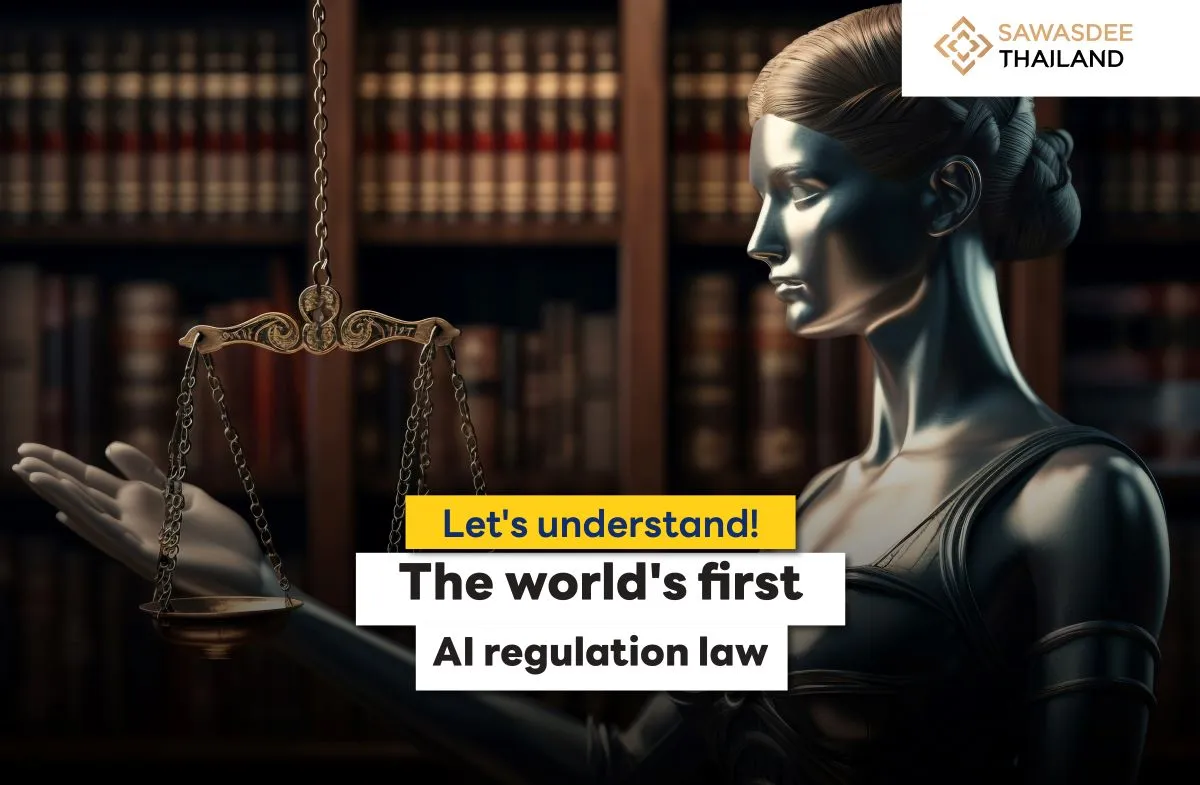
In a world where AI is transforming every aspect of life, the first law in the world to regulate AI technology is the AI Act of the European Union (EU), which has been introduced to control the use of high-risk AI and protect human rights. This law will come into effect in 2025 and focuses on ensuring that AI is used safely and ethically, particularly in preventing violations of personal rights or misuse of data.
The AI Act categorizes AI risk levels into four tiers:
Additionally, the AI Act empowers the European Artificial Intelligence Board to oversee AI usage and impose penalties for violations, including fines of up to 6% of a company's revenue for non-compliance.
The AI Act represents a significant step in establishing a legal framework for sustainability and responsibility. AI usage focuses on safety and ethics. Stakeholders involved in AI must prepare and comply with regulations to ensure smooth business operations within the EU in the future.
For more information : the Department of International Trade Promotion, Ministry of Commerce,
Call : 0 2792 6900.
Link: https://www.ditp.go.th/